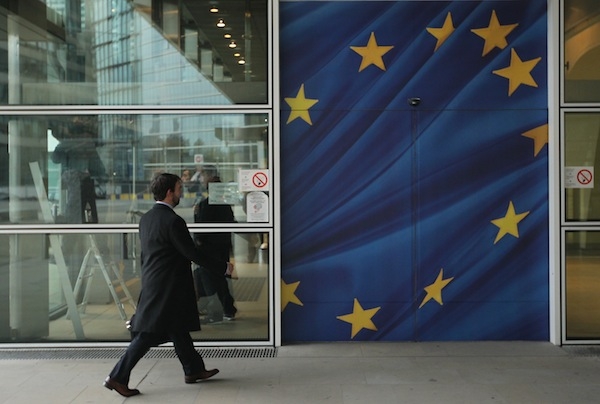He calls for ‘a clear strategy’ allowing government ministers, the civil service, and parliament to ‘contribute towards shaping, tempering or indeed rejecting proposed EU legislation emanating from Brussels’. Some of the key recommendations include:‘We must get away from reducing every debate on EU legislation to the broken record of wrangling about our fundamental relationship with the EU – important though that debate is – and focus on the policy in question. This rhetoric undermines progress made by the Government in enhancing our influence in Brussels (in Councils, the Commission and European Parliament, through UKREP), and through ad hoc bilateral and minilateral alliance building with other member states.’
– A timetable for the government to alert parliament to new EU proposals. – Dedicated question times on EU issues, in the same way as government departments have their own question times in both Houses of Parliament. – Powers for MPs to force a debate on the floor of the House of Commons – which could make life interesting on key issues where particularly Conservative backbenchers are opposed to new measures. – More funding for MPs, select committees and all-party parliamentary groups to visit Brussels and visits to other European capitals.
All these proposals are aimed at improving the scrutiny of EU policy in Westminster, which Ellwood argues would mean ‘we would be better placed to affect EU decision-making upstream and increase our influence abroad’. His boss Lidington might hope that it would also mean fewer surprises when legislation comes into effect, and maybe even a bit less complaining about the day-to-day effects of the European Union.






Comments